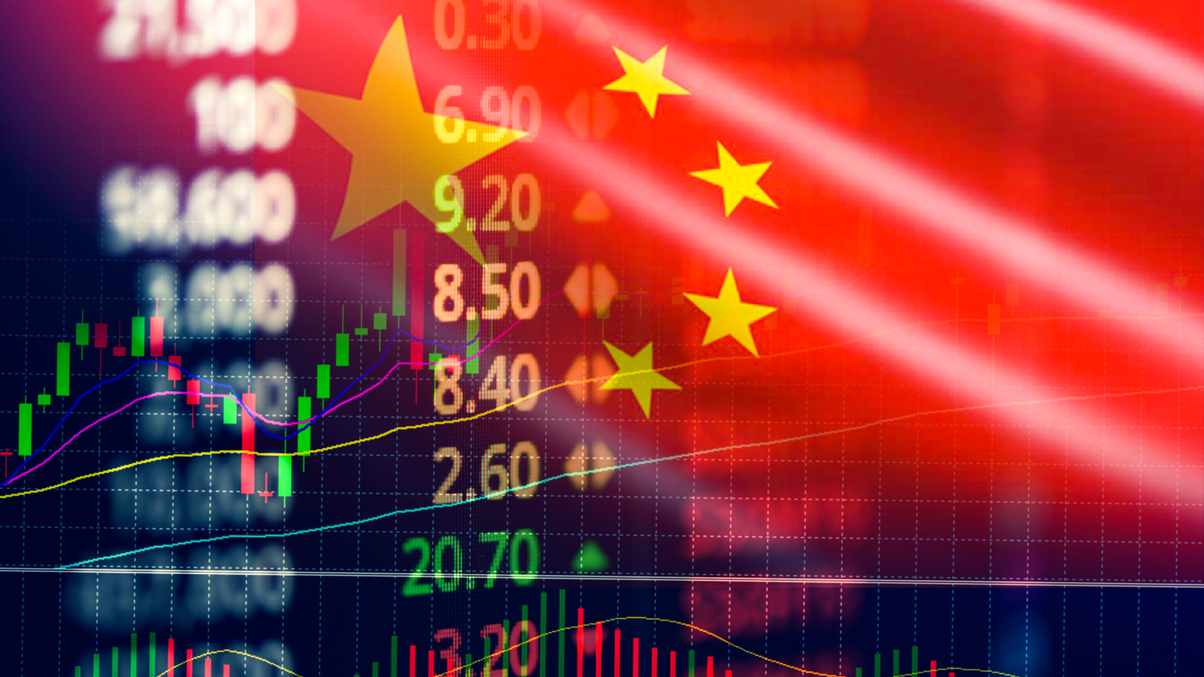Market views: Have China's new cybersecurity rules made its stocks less attractive?
Some short-term re-positioning may be needed, but as regulations become clearer, the valuation of Chinese stocks, especially in the tech sector, remains attractive, experts said.

A regulation overhaul in China on cybersecurity is happening swiftly after the government’s crackdown on ride-hailing firm Didi, and fund managers think short-term repositioning and sector shifts need to be considered on Chinese stocks.
Sign in to read on!
Registered users get 2 free articles in 30 days.
Subscribers have full unlimited access to AsianInvestor
Not signed up? New users get 2 free articles per month, plus a 7-day unlimited free trial.
¬ Haymarket Media Limited. All rights reserved.


